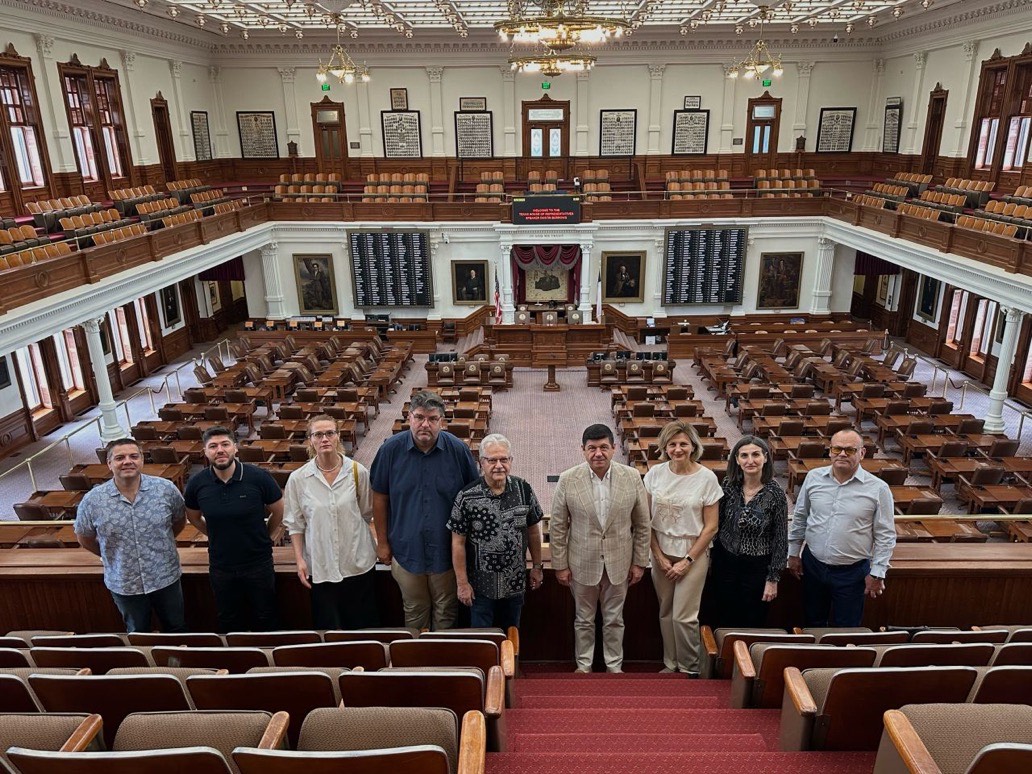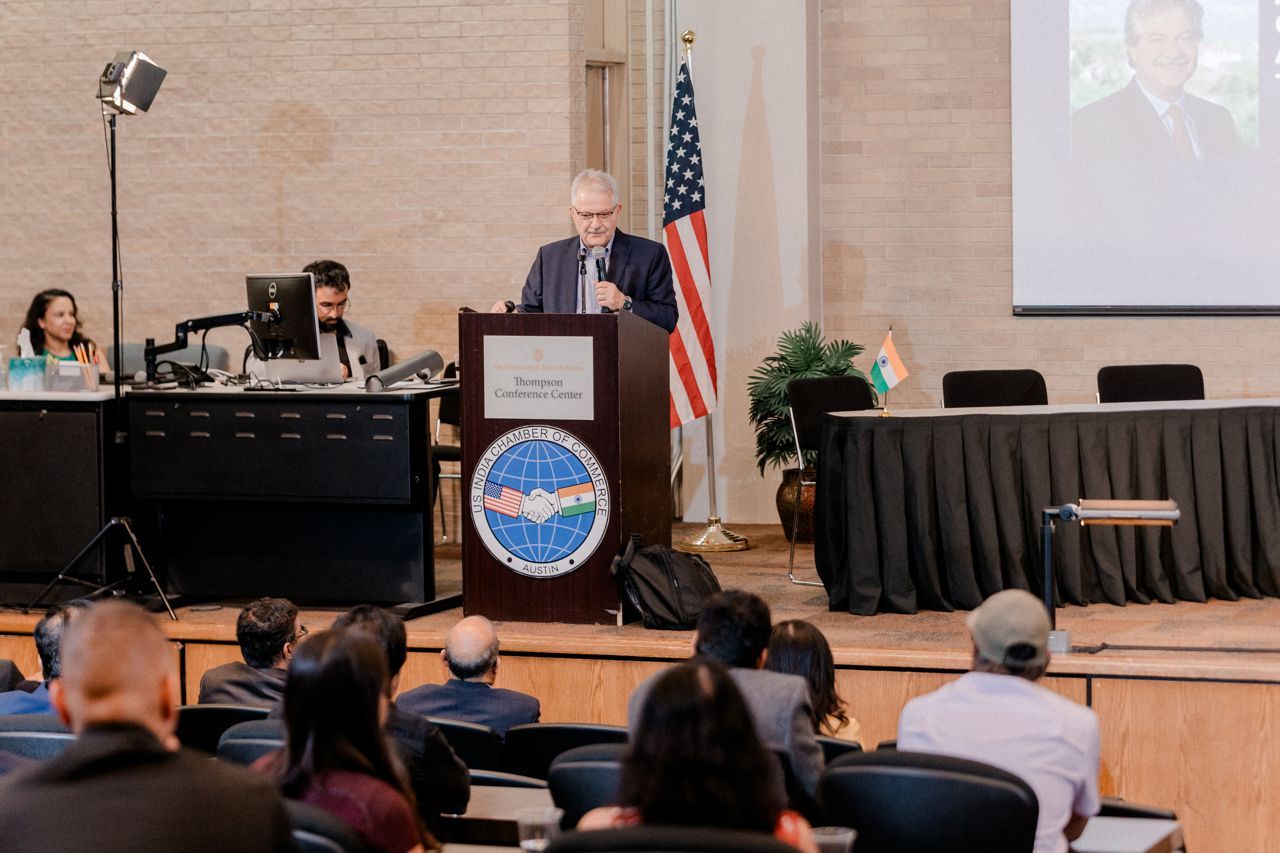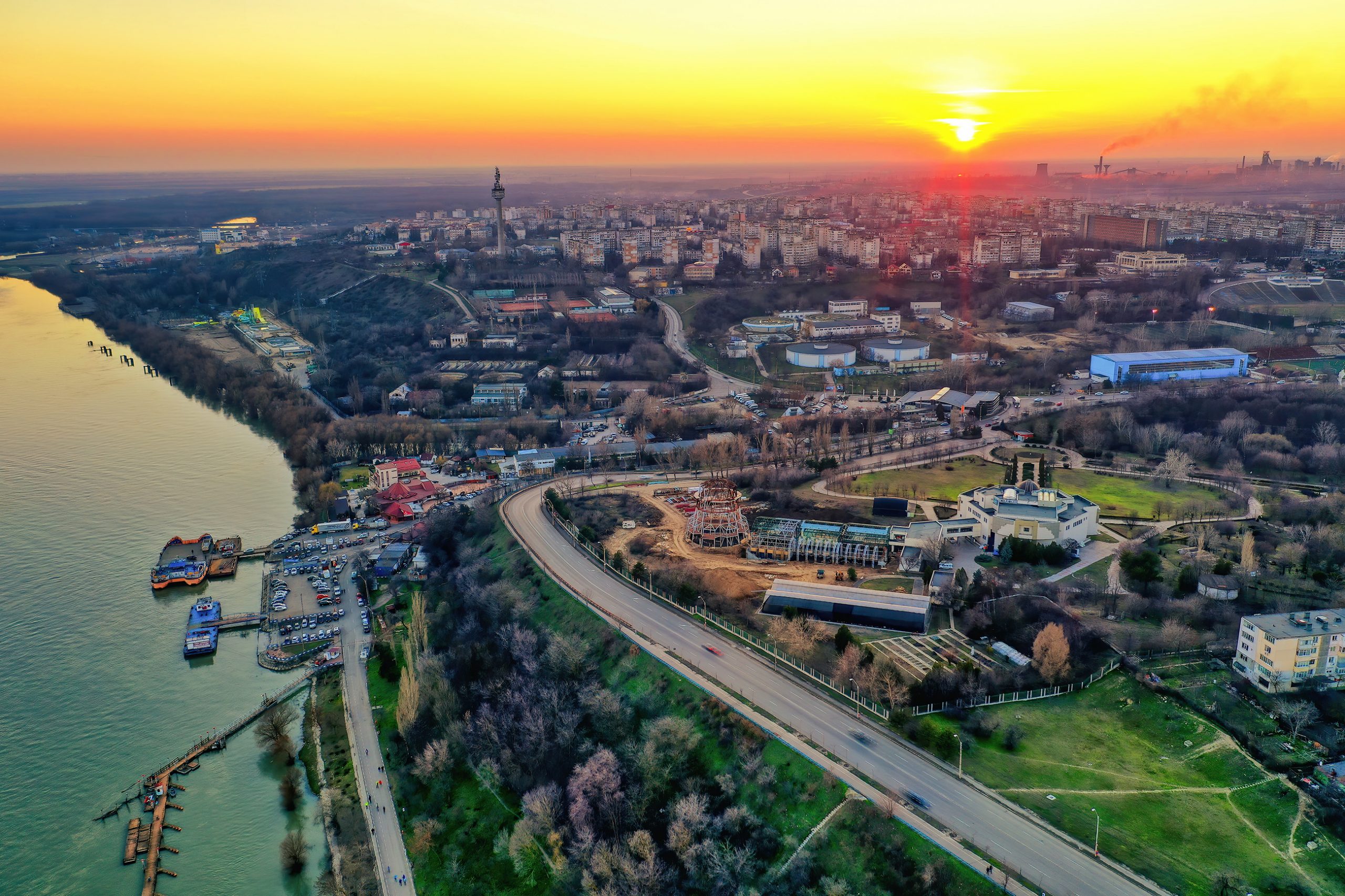By Anthony Michael, Project Manager
The deadline to find a path towards citizenship for the 689,800 recipients of the Obama-era Deferred Action for Childhood Arrivals (DACA) program is quickly approaching – March 5th. In his State of the Union, President Trump will likely call on lawmakers from both sides of the aisle to find a replacement for DACA as well as reforms of U.S. immigration in general.
Without discounting the importance of strong borders and immigration reform, it is imperative to recognize the great value that DACA recipients, or “Dreamers”, provide to our economy. Young, undocumented immigrants are part of country’s fabric and are integrated into our communities. To deal with immigration, we must consider long-term solutions for Dreamers, rather than short sighted ones that threaten our social networks and economic strengths.
AngelouEconomics created this interactive data visualization, which explores the demographic, economic, and social characteristics of Dreamers. We think you’ll agree that the DACA program empowered these individuals to become educated and hardworking contributors to our economy. Given this longstanding investment, we think it is imperative for lawmakers to find a solution to make these individuals permanent members of our country.















